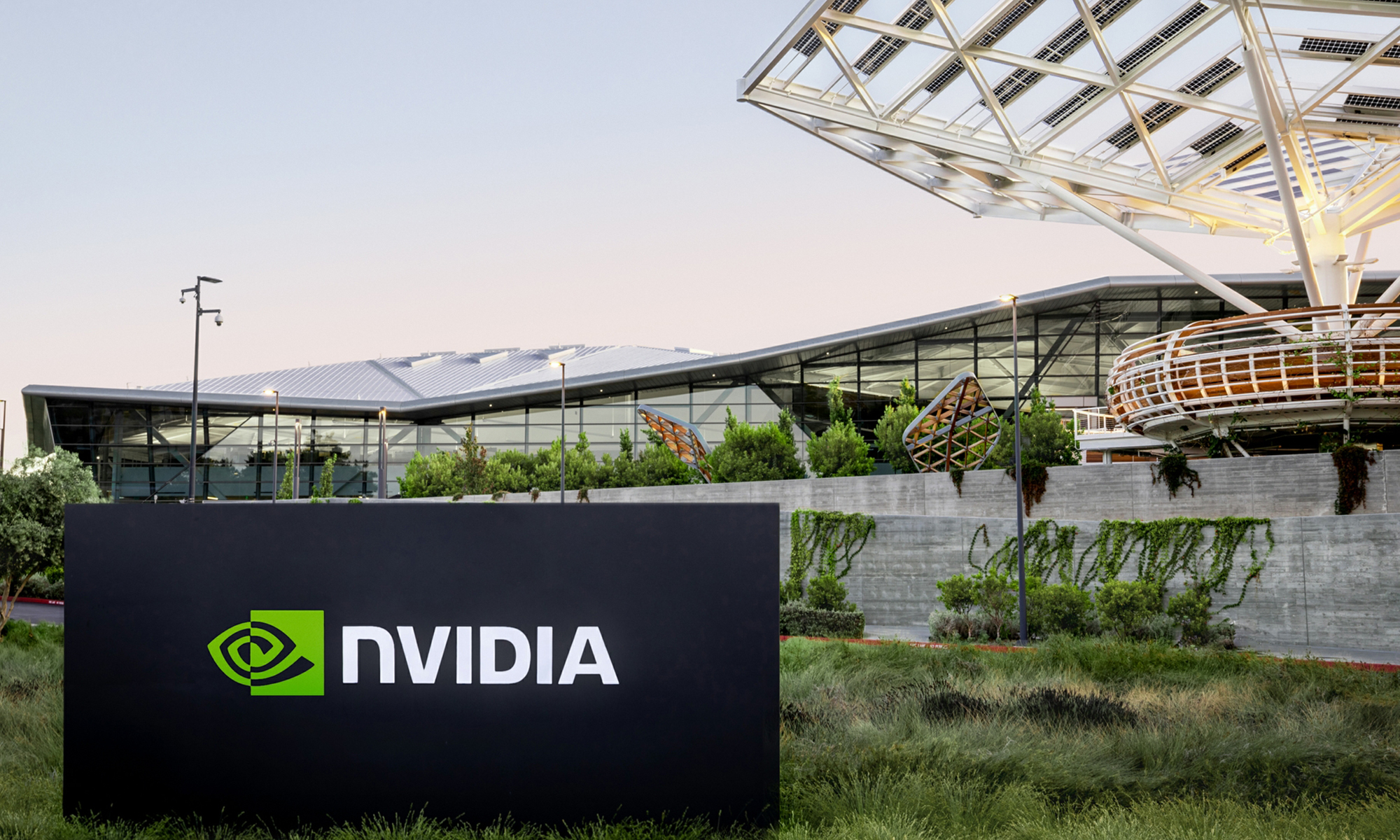On Monday night, Nvidia (NVDA 0.36%) announced that it will resume sales of its H20 artificial intelligence (AI) chip to China, which it had halted in April because of new U.S. government export controls, citing national security concerns. Nvidia's announcement came via an email just after 9:30 p.m. ET to investors who subscribe to the company's news and other releases with a link to a blog post.
This is great news for investors and should help propel Nvidia stock higher.

Image source: Getty Images.
Nvidia given OK by U.S. government to resume sales of the H20
Nvidia's email announcement credited CEO Jensen Huang for the H20 news, stating that he "has been promoting AI this month in Washington, DC, and China -- emphasizing the benefits that AI will bring to business and society worldwide."
But here's the core message for investors contained in Nvidia's email announcement: "NVIDIA is filing applications to sell the NVIDIA H20 GPU [graphics processing unit] again. The U.S. government has assured NVIDIA that licenses will be granted, and NVIDIA hopes to start deliveries soon."
Note the word "soon" -- Nvidia hopes to start deliveries "soon." Nvidia's fiscal second quarter ends in late July. So it seems likely that this H20 news will start making a major impact in the fiscal third quarter. More on potential financial implications follows.

NASDAQ: NVDA
Key Data Points
U.S. chip export controls to China expanded to include the H20 in April
As I wrote at the time: "Nvidia stock fell 6.9% on Wednesday [April 16], following the tech giant's Tuesday night disclosure via a filing with the U.S. Securities and Exchange Commission (SEC) that it plans to take charges of up to $5.5 billion on its fiscal first-quarter results. The charges stem from the U.S. government enacting restrictions on the export of its H20 chip to China and select other countries."
As it ended up, Nvidia took charges (for H20 products in inventory and purchase commitments) of less than the maximum that it had originally estimated. In late May, when it reported its fiscal first-quarter results, the total H20-associated charges were $4.5 billion. Yes, that's still huge.
Potential implications of resumed H20 sales on Nvidia's financial results and its stock
First, let's consider how the halt in H20 sales in mid-April affected Nvidia's results for its fiscal Q1 (ended on April 27). Its results were considerably hurt by this event.
In addition to taking the $4.5 billion in charges, the company was unable to ship $2.5 billion in H20 chips that it had already produced. In other words, it "lost" sales of $2.5 billion. However, it was able to book H20 sales of $4.6 billion in the quarter prior to the implementation of the new export controls.
Nvidia's Q1 total revenue was $44.1 billion. So, its $4.6 billion in H20 sales to China accounted for 10.4% of its total revenue. And had the company been able to ship the additional $2.5 billion in H20 chips, its H20 sales would have been $7.1 billion and 16.1% of its total revenue. This is a big chunk of total revenue and clearly shows the significance of the Chinese market.
The good news is that investors can probably expect Nvidia's quarterly H20 sales to resume in the general ballpark of where they left off, if not higher.
Monday night's news is fantastic for the stock. Nvidia has been firing on all cylinders, but investor concern over the company losing its Chinese market for its data center AI chips has likely kept the stock from rising as much as it otherwise would.





